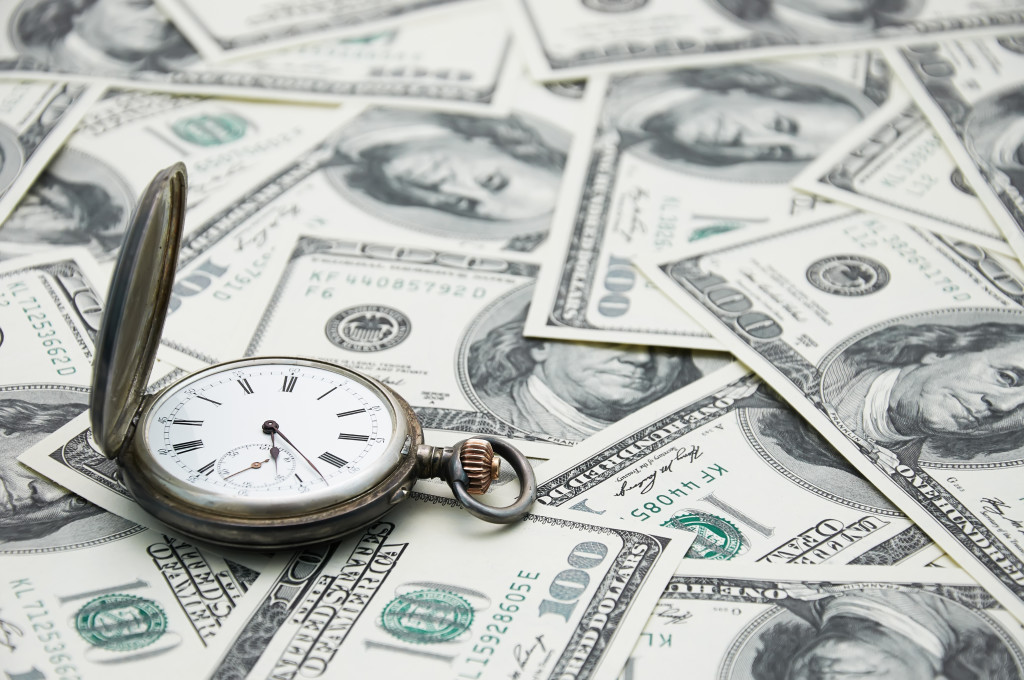Politicians often talk about economic growth and its connection to job creation. But what does “economic growth” actually mean?
Let’s start with the basics. Economic growth occurs when a country’s production capacity increases. In other words, the country’s producers of goods and services are able to make more stuff. In recent years, the U.S. economy has averaged under three percent growth—well behind China, India, and other countries.
The production level can be measured by gross domestic product (GDP), which is the total dollar value of the goods and services produced in a given year. So economic growth actually refers to an increase in GDP, which in turn leads to job creation and more employment. GDP increases in five ways:
- Rise in labor participation: When the number of people producing goods and services goes up—often due to a population increase—an uptick in production generally follows. America’s labor force participation rate hovers around 63 percent—a 40-year low—one explanation for the country’s lackluster economic growth.
- Discovery of new resources: The production of goods and services requires raw materials and other resources. When a new source of raw materials—such as oil or lumber—is discovered, more products are made. In large part because of fracking, the U.S. is now the largest natural gas producer in the world.
- Increase in labor specialization: When the labor force gains more human capital, including skills and general knowledge, producers gain the tools to make more goods and provide more services. It’s one reason why education reform is so important.
- New technology: The discovery of new processes, tools, or devices can lead to a huge jump in productivity. For example, the invention of the assembly line sped up the production of automobiles, clothing, and toys. When entrepreneurship results in new discoveries, the whole economy benefits.
- Increased trade: When people trade their money for goods and services, a mutually beneficial exchange occurs that, when multiplied across the entire economy, increases growth and well-being. Reducing regulation, taxes, and barriers to trade will allow for more exchanges to occur.
So the next time that a politician talks about economic growth, you’ll know whether he or she passed Economics 101.



